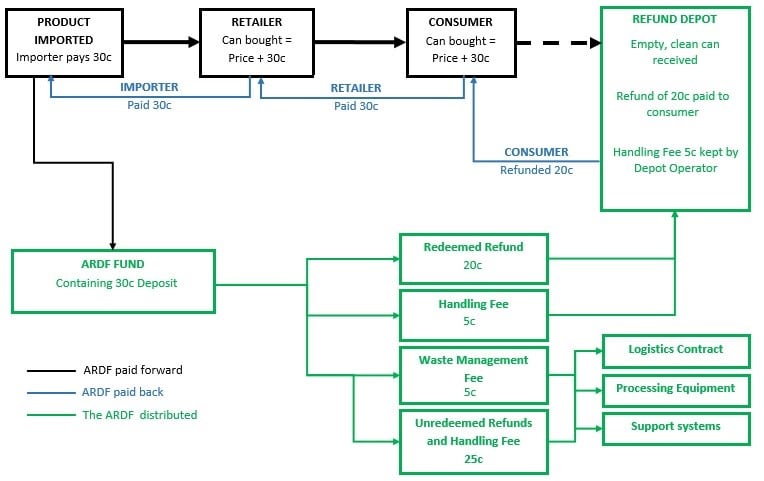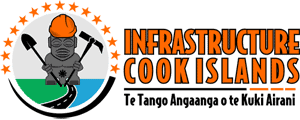Infrastructure Cook Islands is working towards introducing an advance recovery and disposal fee scheme (ARDF) which places the cost of recycling and disposal on the cost of a product. A portion will be refunded to consumers upon return of recyclable and hazardous products.
The scheme is described in the ARDF policy. Read the policy here. A supplementary to the policy is readable here.
A Solid and Hazardous Waste Bill is planned to be enacted this year, 2024. The Bill will establish the ARDF scheme along with directing how different waste streams shall be handled at end of life.
The Bill will also introduce a schedule of banned products starting with eight single use plastic products and packaging:
– Lightweight plastic bags including shopping bags
– Plastic straws and cocktail stirrers
– Plastic cutlery
– Plastic containers with no PET number or with numbers 3, 4, 5, and 7, including plastic plates and sealable food containers
– Plastic and polystyrene cups, including plastic-lined coffee cups
– Polystyrene containers and meat trays
– Single-portion breakfast spreads
– Products containing microbeads
Over time, more products can be added to the schedule as alternatives become available or the country decides that it is too difficult to manage the end of life product. Read the policy here.
Figure 1. The ARDF scheme process and distribution using a can drink.
The scheme will enable us to afford to have hazardous waste and recyclables sent back to Rarotonga from the Pa Enua for processing with the Rarotonga stock. The materials and products can then be sent to safe handling and recycling facilities overseas.
The scheme incentivises good behaviour through the refund portion.

